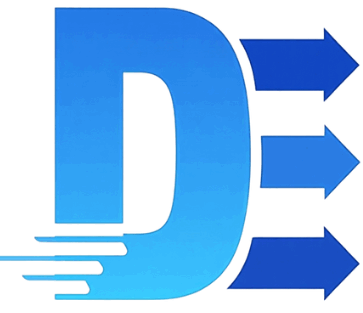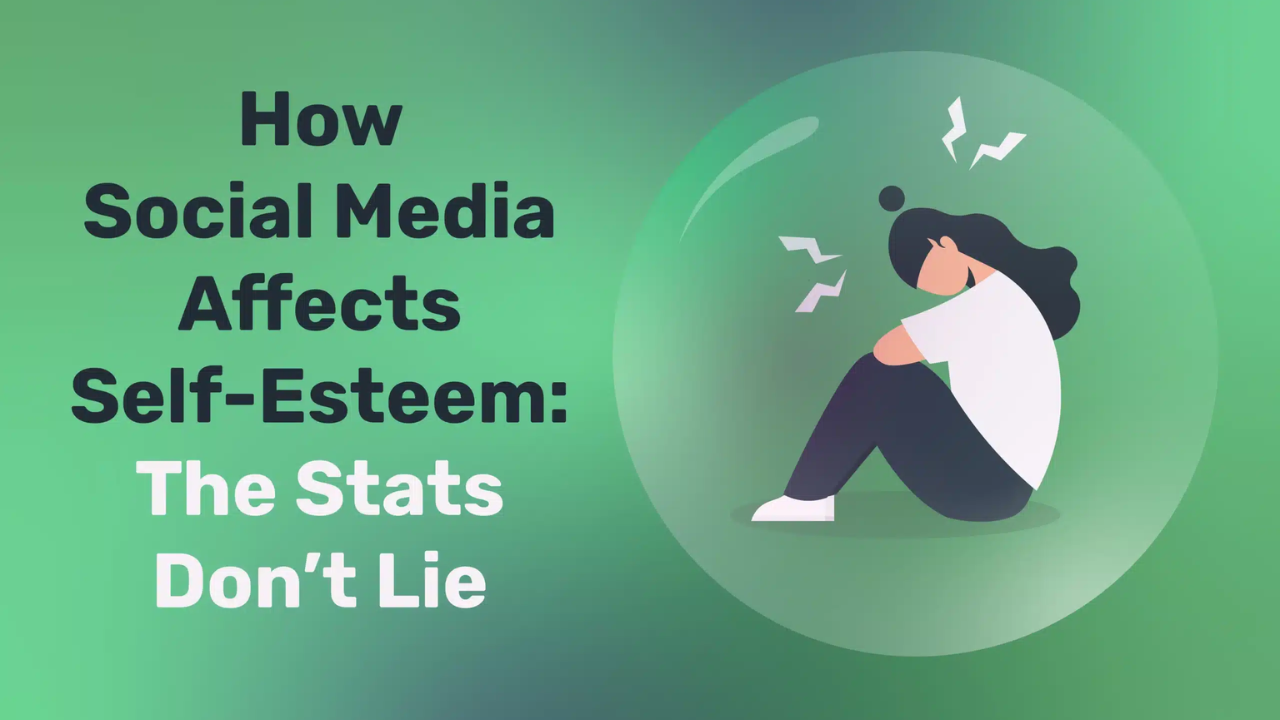
Social media has transformed the way we communicate, share, and connect. Platforms like Instagram, TikTok, and Facebook allow people to stay informed, entertained, and engaged with communities worldwide. Yet, alongside the positives, research has consistently revealed a strong connection between social media use and self-esteem levels. For many, scrolling feeds can trigger comparison, validation-seeking, and even self-doubt.
Understanding this connection is crucial if you want to use social media mindfully and protect your mental well-being. Let’s explore the ways in which social media impacts self-esteem, and how you can build healthier digital habits.
How Social Media Impacts Self-Esteem
1. The Comparison Trap
Social media often presents curated highlights of people’s lives—vacations, achievements, celebrations—while struggles remain hidden. Constant exposure to these “perfect lives” can fuel comparison and feelings of inadequacy.
Example: A student may feel less successful when scrolling through posts about friends winning scholarships or securing dream jobs.
2. Dependence on Validation
Likes, shares, and comments can become measures of self-worth. When validation is absent, users may feel unimportant or rejected. Over time, this can create a cycle of seeking approval through online interactions.
3. Fear of Missing Out (FOMO)
Seeing others enjoying events or milestones can spark feelings of exclusion, leading to anxiety and lowered self-esteem.
4. Cyberbullying and Negative Feedback
Online criticism, trolling, or bullying can deeply affect confidence levels. Negative comments often leave a stronger emotional imprint than positive ones.
5. Unrealistic Beauty Standards
Filters and editing tools encourage a culture of perfection, often distorting body image. This can lower self-esteem, especially among teenagers and young adults.
Positive Side of Social Media for Self-Esteem
While social media poses challenges, it can also uplift self-esteem when used correctly:
- Community support: People can find groups with shared interests or challenges, offering encouragement.
- Self-expression: Platforms allow users to showcase talents, creativity, and opinions.
- Motivation and inspiration: Following positive accounts can promote growth, fitness, or learning goals.
The key lies in how, why, and how much social media is used.
Table: Negative vs. Positive Impacts of Social Media on Self-Esteem
| Aspect | Negative Impact | Positive Impact |
|---|---|---|
| Comparisons | Feeling inadequate vs. peers | Motivation to improve |
| Validation | Dependence on likes and comments | Confidence through encouragement |
| Body Image | Unrealistic beauty standards | Fitness and self-care inspiration |
| Connections | Fear of missing out | Building meaningful communities |
| Feedback | Cyberbullying and trolling | Constructive criticism and support |
How to Protect Your Self-Esteem While Using Social Media
1. Set Time Limits
Excessive scrolling increases exposure to comparison triggers. Use screen-time controls to reduce hours spent online.
2. Curate Your Feed
Unfollow accounts that make you feel inadequate, and follow pages that inspire positivity, knowledge, or creativity.
3. Focus on Real-Life Connections
Spend quality time with friends and family offline to maintain perspective and balance.
4. Practice Digital Detoxes
Take regular breaks from social media, even for a few hours or days, to recharge mentally.
5. Use Social Media Intentionally
Instead of mindless scrolling, log in with a purpose—whether it’s learning something new, connecting with friends, or sharing achievements.
Tips for Parents and Teens
- Parents: Encourage open conversations about self-esteem, body image, and online pressures. Help teens critically evaluate what they see online.
- Teens: Remember that what’s posted is often filtered and not an accurate reflection of real life. Practice self-compassion and celebrate your uniqueness.
Overview Table
| Habit | Action to Take | Benefit for Self-Esteem |
|---|---|---|
| Time Management | Limit daily usage | Reduces exposure to negative comparisons |
| Feed Curation | Follow positive, inspiring accounts | Improves mindset and motivation |
| Real-Life Connections | Prioritize offline relationships | Builds authentic confidence |
| Digital Detox | Take weekly breaks | Refreshes mental health and perspective |
| Intentional Usage | Log in with a purpose | Prevents mindless scrolling and stress |
| Critical Thinking | Question online portrayals of perfection | Protects against unrealistic comparisons |
Long-Term Benefits of Healthy Social Media Habits
By creating balance, users can experience:
- Improved confidence based on real-life achievements rather than online approval
- Better mental health with lower anxiety and stress
- Stronger self-identity not shaped by digital comparisons
- Higher productivity by avoiding hours of wasted scrolling
- Deeper satisfaction in both personal and social life
Final Thoughts
The connection between social media and self-esteem is undeniable. While platforms can trigger comparison and self-doubt, they can also be spaces for growth, creativity, and meaningful support. The difference lies in how consciously we use them. By setting boundaries, curating feeds, and prioritizing real-world connections, you can protect your self-esteem and enjoy the benefits of digital life without being consumed by it.
3 Quick FAQs
Q1. Does social media always harm self-esteem?
Not necessarily. It depends on how often you use it, what you consume, and your mindset while engaging with it.
Q2. How can I stop comparing myself on social media?
Limit exposure to triggering accounts and remind yourself that most posts are curated highlights, not full realities.
Q3. Is taking a break from social media helpful for self-esteem?
Yes, even short breaks allow you to reset mentally and focus on real-life achievements.

